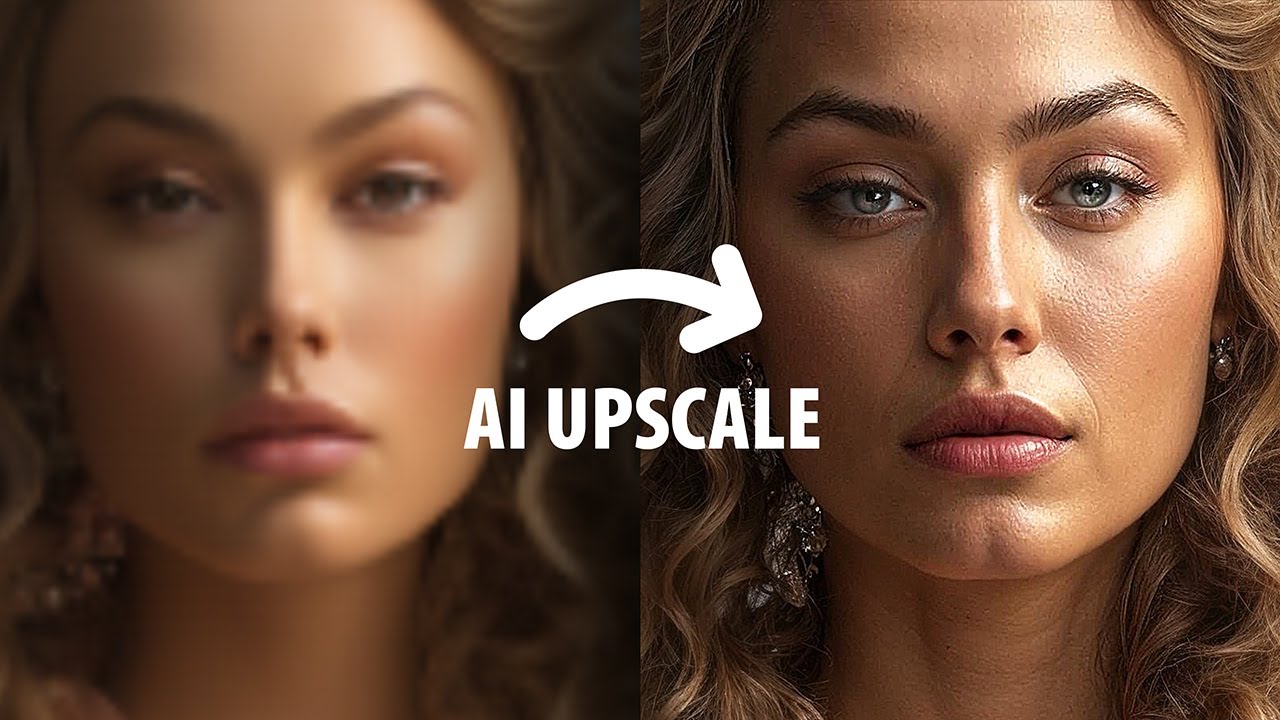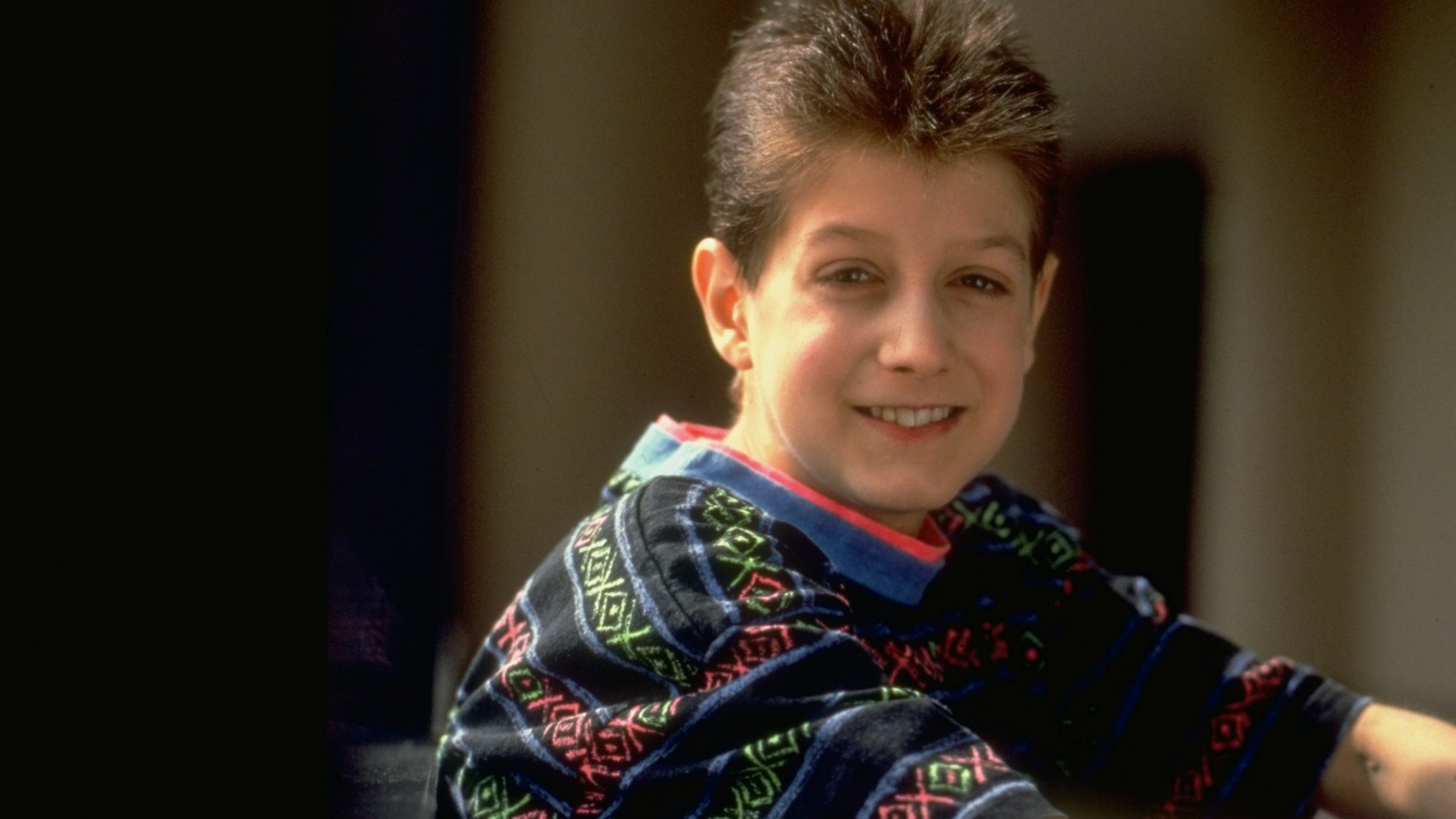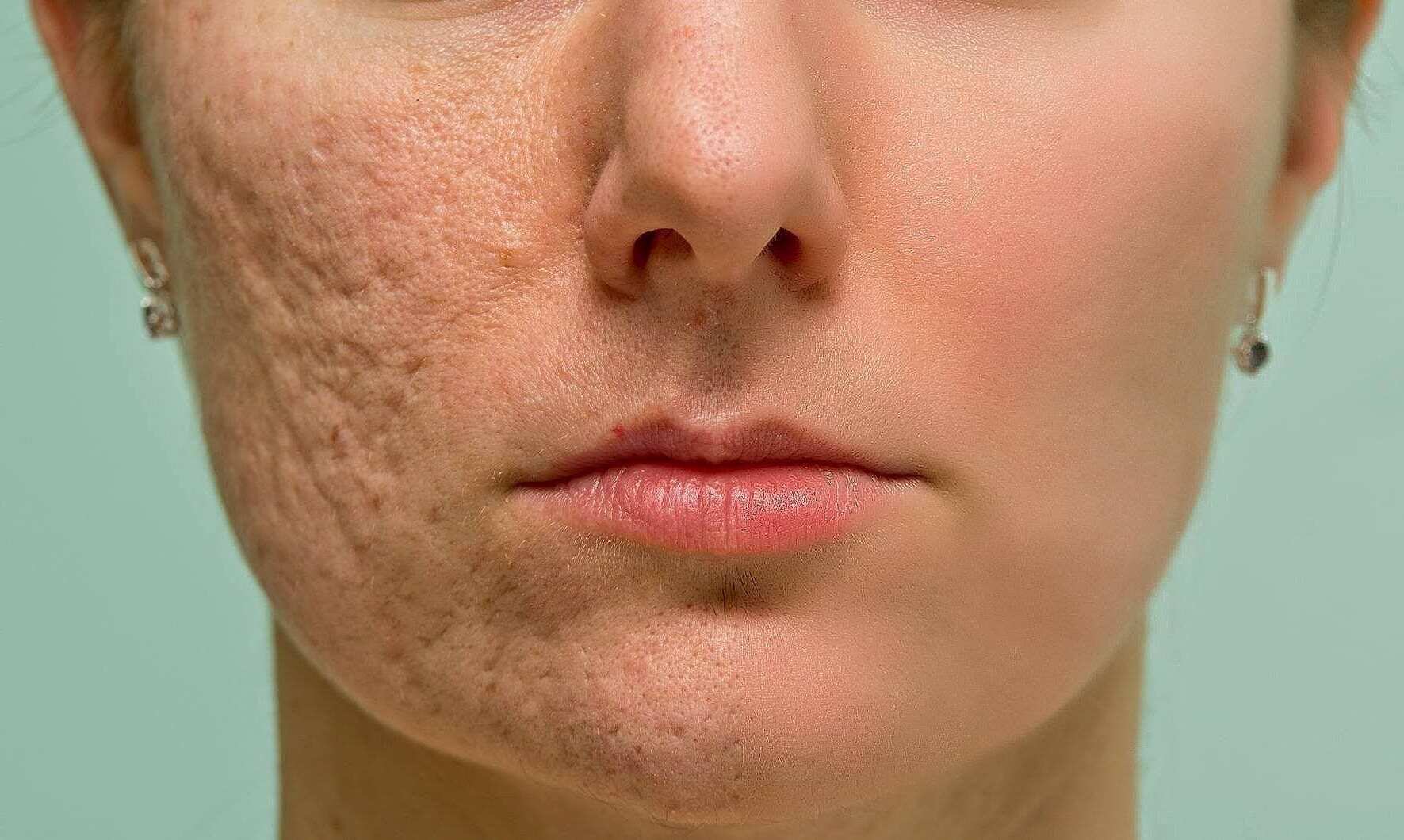
AI image upscalers are transforming how we enhance low-resolution images. Ever wondered how old photos get that crisp, modern look? Artificial intelligence steps in to fill in the gaps, making images sharper and more detailed. These tools use complex algorithms to predict and add missing pixels, giving photos a new lease on life. From restoring family memories to improving graphics for professional use, AI upscalers are game-changers. They save time, reduce effort, and often produce results that manual editing can't match. Ready to dive into the world of AI image upscaling? Here are 20 fascinating facts to get you started.
Key Takeaways:
- AI image upscalers use advanced technology to make old, blurry photos look clear and detailed. They're used in gaming, medicine, and more, but they're not perfect and can sometimes create errors.
- AI image upscalers work by using complex processes and training with lots of images. They make images look better for marketing, gaming, and medical purposes, but they can be computationally intensive and expensive.
What Are AI Image Upscalers?
AI image upscalers are tools that use artificial intelligence to enhance the resolution of images. They can transform low-quality pictures into high-definition versions, making them look sharper and more detailed. Here are some fascinating facts about these innovative tools.
-
AI image upscalers use deep learning algorithms to analyze and improve images. These algorithms learn from vast datasets of high and low-resolution images, enabling them to predict and generate missing details in low-quality images.
-
They can enhance old photos. AI upscalers can breathe new life into old, faded photographs by increasing their resolution and restoring lost details.
-
They are used in various industries. From gaming to medical imaging, AI upscalers find applications in numerous fields where image quality is crucial.
-
They can save storage space. By storing images at a lower resolution and upscaling them when needed, users can save significant amounts of storage space without sacrificing quality.
-
They are not perfect. While AI upscalers can significantly improve image quality, they sometimes introduce artifacts or inaccuracies, especially in highly detailed areas.
How Do AI Image Upscalers Work?
Understanding the mechanics behind AI image upscalers can be quite intriguing. These tools rely on complex processes to deliver impressive results.
-
They use convolutional neural networks (CNNs). CNNs are a type of deep learning model particularly effective at processing visual data, making them ideal for image upscaling tasks.
-
They perform pixel prediction. AI upscalers predict the value of new pixels based on the surrounding pixels, effectively filling in the gaps to create a higher-resolution image.
-
They undergo training with large datasets. To become effective, AI upscalers are trained on extensive datasets containing pairs of high and low-resolution images.
-
They employ super-resolution techniques. Super-resolution is a method used by AI upscalers to increase the resolution of an image by reconstructing finer details.
-
They can be fine-tuned for specific tasks. Depending on the application, AI upscalers can be adjusted to prioritize certain aspects of image quality, such as sharpness or color accuracy.
Benefits of Using AI Image Upscalers
AI image upscalers offer numerous advantages, making them valuable tools for both professionals and casual users.
-
They improve visual content quality. Enhanced images look more appealing and professional, which is essential for marketing, design, and social media.
-
They enhance user experience in gaming. Higher resolution textures and graphics make games more immersive and enjoyable for players.
-
They aid in medical diagnostics. Clearer images can help medical professionals make more accurate diagnoses and treatment plans.
-
They support digital preservation. AI upscalers help preserve and restore digital copies of historical documents and artworks.
-
They enable better video streaming. Upscaled videos require less bandwidth, allowing for smoother streaming experiences even on slower internet connections.
Challenges and Limitations
Despite their benefits, AI image upscalers face certain challenges and limitations that users should be aware of.
-
They can be computationally intensive. Upscaling images using AI requires significant processing power, which can be a limitation for devices with lower capabilities.
-
They may introduce artifacts. Sometimes, the upscaling process can create unwanted visual artifacts, such as blurring or unnatural textures.
-
They rely on the quality of training data. The effectiveness of an AI image upscaler depends heavily on the quality and diversity of the training dataset used.
-
They are not always suitable for all images. Certain images, especially those with complex patterns or textures, may not upscale well using AI techniques.
-
They can be expensive. High-quality AI image upscaling software and hardware can be costly, making it less accessible for some users.
The Future of AI Image Upscalers
AI image upscalers are changing how we see digital images. They can take a low-quality picture and make it look sharp and clear. This tech is handy for photographers, designers, and anyone who loves high-quality visuals. As AI keeps improving, these tools will get even better. They'll become faster, more accurate, and easier to use.
Imagine being able to restore old family photos or enhance your favorite vacation snapshots with just a click. That's the power of AI image upscalers. They're not just a trend; they're here to stay. Keep an eye on this space because the future looks bright for digital images. Whether you're a pro or just someone who loves great pictures, AI image upscalers are worth checking out.
Frequently Asked Questions
Was this page helpful?
Our commitment to delivering trustworthy and engaging content is at the heart of what we do. Each fact on our site is contributed by real users like you, bringing a wealth of diverse insights and information. To ensure the highest standards of accuracy and reliability, our dedicated editors meticulously review each submission. This process guarantees that the facts we share are not only fascinating but also credible. Trust in our commitment to quality and authenticity as you explore and learn with us.


